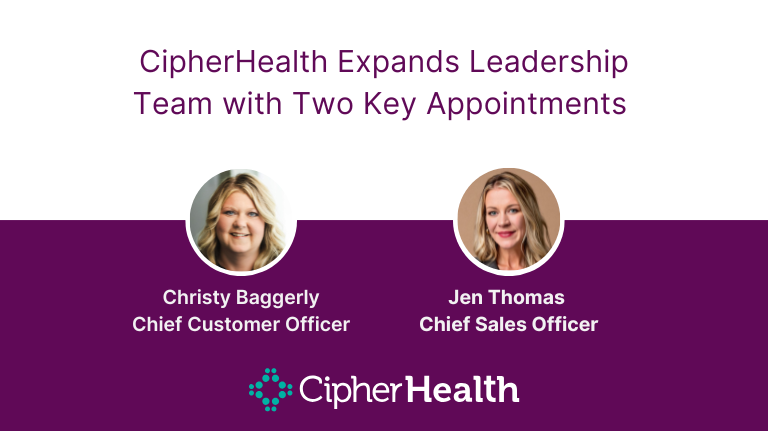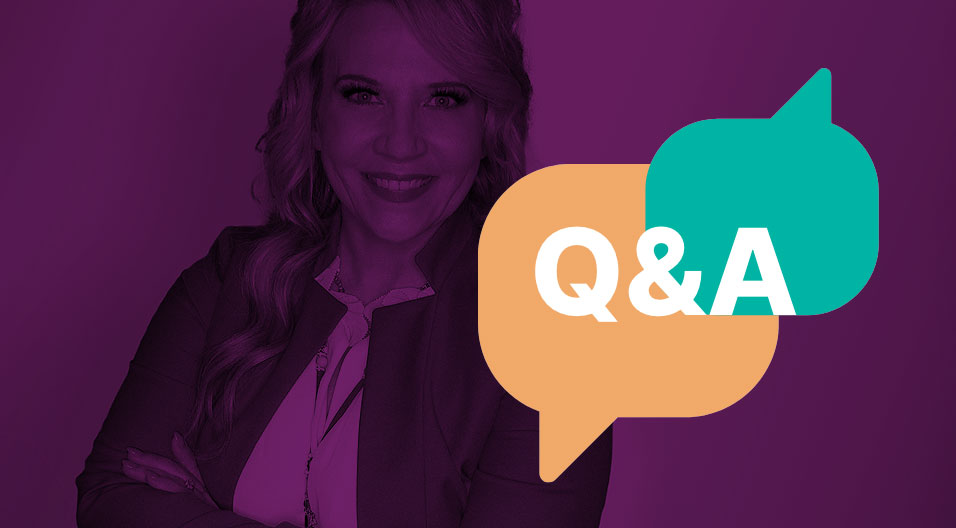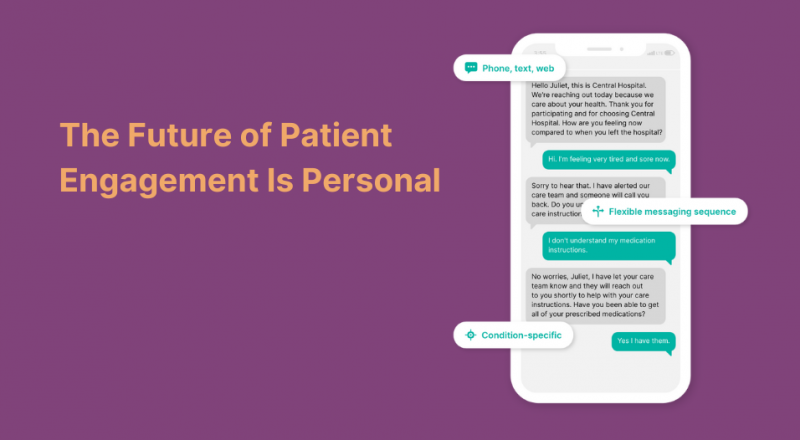This month our marketing team sat down with Chief Customer Officer Summer Brown to talk about the challenges currently facing our customers, changing dynamics in healthcare leadership, and opportunities she sees coming down the pike in 2023.
CipherHealth: We really appreciate you taking the time to chat with us today! To start off, from your vantage point, what struggles are our customers facing? What are you hearing on the ground?
Summer Brown: It’s very apparent that staffing shortages continue to be an issue for health systems, especially in nursing. It’s affecting remaining staff’s ability to efficiently round on their patients. They’re having to care for patients within a limited time frame and with less support and resources.
And even before COVID, there were concerning levels of patient aggression, which has only increased today. This, of course, directly impacts staff safety and how safe they feel coming to work everyday. Some of the stories I’ve heard about workplace violence are really shocking. And it’s not just happening in EDs, it’s affecting other types of healthcare sites as well.
The influx of travel nurses hasn’t exactly helped with this. More staff are critically needed, but travel nurses are basically strangers who have barely learned all the ins and outs of a particular facility before they move on to somewhere else. These constant staffing changes only add to the feeling of an unstable working environment.
In addition, I’m hearing stories about health systems contending with patients who are using Google or other sites on the internet to come to conclusions about their own conditions, and pushing back on physicians’ and clinical staffs’ expertise. They’ll request medicines that are contraindicated with the medicines they are currently taking and this creates conflict.
Not to get too philosophical, but I think social media plays a role in this — we’ve reached a point where we are yelling at each other in that virtual space and perhaps that aggression is spilling over. Increasingly, there seems to be a lack of boundaries insofar as how we treat others and what’s ok to say aloud.

CH: What are some of the changing dynamics you’re seeing in healthcare leadership right now?
SB: Well, I’m seeing a lot of consolidation, specifically within SaaS companies, all with an eye towards improving patient engagement. I’ve found this to be a trend in the last 6 to 8 years. Companies are asking: how do we pare down and get rid of redundancy? How can we efficiently make use of digital tools and technology to reach patients in a more meaningful way?
Back when I got started in healthcare, I was actually a hospital IT person and project manager and it’s been interesting to see IT groups take a decision-making position instead of just being the ones to implement tools.
Also, there’s been a big shift in budgeting. Health systems just can’t get back to their pre-COVID numbers and that’s really hard and sad. Elective surgeries stopped during COVID, and this was a money maker for them. Financially speaking, it’s hard to say how long health systems will be facing an uphill battle.
CH: That’s a good point. So, what’s it like to be a woman in a health tech leadership role?
SB: I absolutely love it! My background is in Management Information Systems. I was actually Pre-Med until I took a computer class and fell in love with it. When I started my first few IT jobs, I was the only woman, which was really weird. I heard things like: “You have such a personality, what are you doing in IT?”
As the years have gone by, I’m working with more and more women which is awesome. It’s so important to have women’s voices in an IT company and healthcare, specifically. My mom was a nurse and worked in different leadership positions across different health systems, so I’ve always loved the field.
But there’s room for improvement: we need more women in engineering! It’s been getting better, and I don’t know what the numbers are off hand, but that’s something I’d like to see. And the first time I was on an executive team, I was also the only woman and that was just six years ago — so not the distant past. Things are improving, if slowly.
CH: What are some of the challenges and opportunities you see coming down the road for our customers in 2023?
SB: Unfortunately, I don’t think things are going to get any easier, as far as budgets and staffing challenges go. I hope I’m wrong, but these issues are so severe that we’ll likely see hospitals being bought or closed completely.
And I think issues around behavioral health and how to support those patients will continue to be in play. The problem reared its head during COVID and it’s not going away.
Insofar as opportunities, I’ve been really encouraged that some of my friends’ children are enrolled in nursing school and that there’s a whole generation excited to get into healthcare, despite the current challenges. It’s hopeful to see young people who have lived through COVID choosing to enter the profession. It goes without saying that we really need new nursing graduates, and while there’s no quick fix for, say, 2023, this bodes well for the future.
CH: Thanks for your time today!
SB: Of course! It’s been great to talk with you. I love being part of conversations like these and thinking through challenges in healthcare, and I love working with all our partners at CipherHealth.








